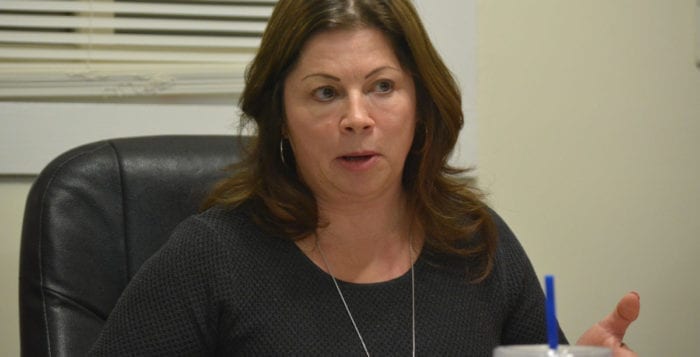By Fr. Francis Pizzarelli
It amazes me how socially indifferent so many young people are today. Every semester I take an informal survey on how many of my students are registered to vote; how many know who is running for elected office and what his or her social platform is about. The number of students who are not registered is most disturbing. Probably a little more than half are registered to vote and less than 20 percent of those students are planning to vote. Most of them have no idea what the candidates stand for.
However, the most shocking issue was their indifference. Many expressed that voting was a waste of their time because their vote does not count. A number of students expressed that our political system is so corrupt and inept, they wanted nothing to do with it. They expressed frustration that from their perspective government only paid attention to special interest groups and not to the real needs of their constituents.
As we continued this conversation, it became apparent to me that too many of our students are academically bankrupt when it comes to government, social policy and human affairs. Many of these students believe that special interest and community opinion on issues is shaped by what CNN or Fox News reports. Their lack of understanding of our political system is a poor reflection on our educational system. We definitely need to do more to educate and engage our students in our political process. They are our future leaders.
The debates this presidential election year were a disgrace. They were not true debates. Neither candidate really answered the questions posed within the time frame that was established. The moderators were too timid and did not keep the candidates on task. Thankfully “fact finders” clarified and corrected all the misleading and blatantly false statements that were made. Neither candidate made a strong case for his/her political agenda or what they really were going to do to change and transform America if elected president. Instead of watching two well-educated candidates debate the serious issues facing our nation, we heard countless ad hominem attacks directed to each other. At times, it was very entertaining but lacked any real substance or helpful information.
One of my graduate students asked if those who run for public office are the best that we have to offer! It’s an interesting question. Another question was why don’t the best of the best choose public service as a possible career? Look at what we do to those who choose to serve our nation. Our focus is never on their ability to lead and serve and the political agenda they advocate for; but rather we focus on exploiting their family and every misstep or imperfection they possess. Why would anyone in their right mind want to subject their family to that kind of public scrutiny that is genuinely unconscionable? If we want the best of the best to lead us, then we must treat them with dignity and respect. We must work harder at attacking the issues and not the person. As a nation we deserve the best to lead us.
Fr. Pizzarelli, SMM, LCSW-R, ACSW, DCSW, is the director of Hope House Ministries in Port Jefferson.














